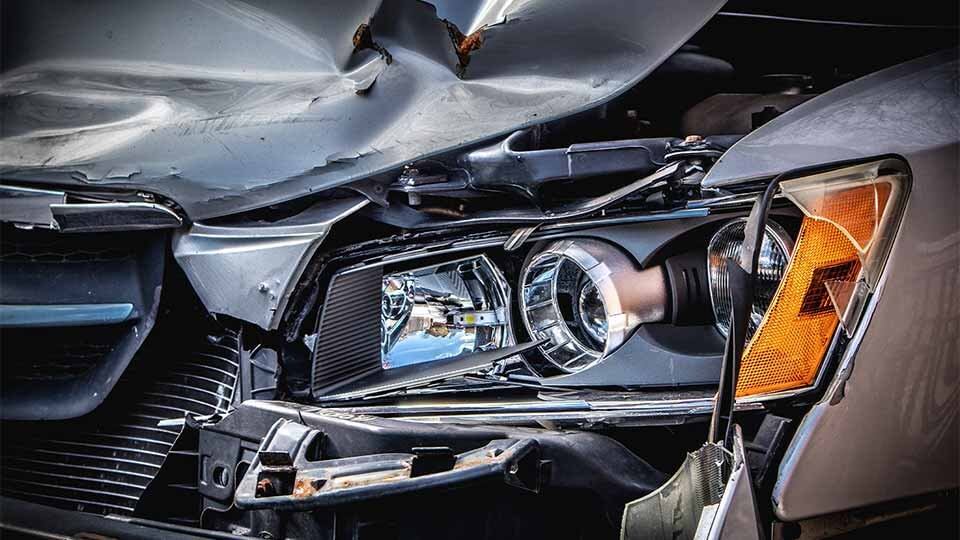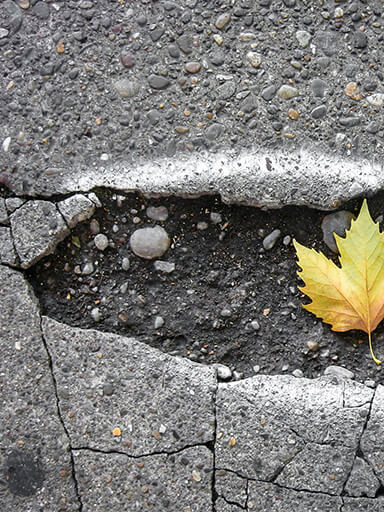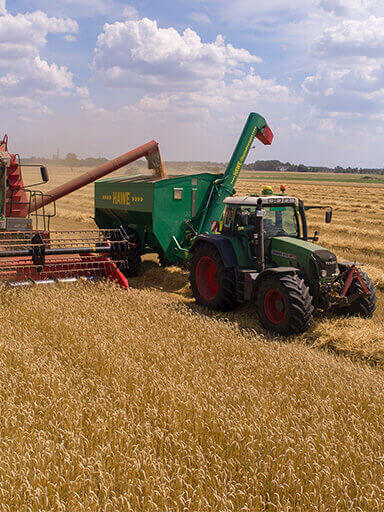
After you have reported an accident to your employer, there are certain procedures they need to follow. Any work accident lawyer will be deeply familiar with this process because it so often has a bearing on successful workplace accident claims.
This is due to the fact that every employer in the UK is responsible for providing a safe and healthy environment for their employees to work in. This is what is known as your employer’s “duty of care” toward you.
If they have failed to provide that safe working environment – or failed to follow the correct procedure following your accident – you may be able to make a claim to receive compensation.
Reach out to our friendly team today for FREE on 0800 0747 644 or make an online enquiry to tell us your story.
“Settled quicker than I though it would. Many thanks.”
Here is what you need to know:
Your Employer’s Duty Of Care To You
Some accidents in the workplace could never have been predicted. But most incidents could probably have been prevented if a little more care had been taken to assess the situation in advance.
It is your employer’s job to make sure this is done. This is their duty of care to you, and it includes things like:
- Giving you proper Health and Safety training
- Making sure you have full PPE (Personal Protective Equipment)
- Maintaining all machinery and equipment on a regular basis
- Carrying out full risk assessments
- Having warning signs in all the right places
If you believe that your employer failed to do any of the above or failed to follow Health and Safety guidelines, you probably have a good basis for a claim.
What Should My Employer Do After An Accident At Work?
Even if you were a temporary or agency worker, your employer has responsibilities after an accident – no matter how serious or minor it was.
Your employer’s accident policy and the procedure to follow should have been planned out in advance and explained to you. This is a sign of a good, well-prepared employer.
The procedure employers are expected to follow should include:
1) Report Your Accident
Each employer needs to have an accident recording system of some kind. This is sometimes called an “accident book”.
If an employer fails to record and let you see they have recorded your accident in the book, it may be a sign that they are denying all responsibility for your accident.
This needs to be followed up – probably with the help of a specialist work accident lawyer if your employer is being difficult.
2) Carry Out The RIDDOR Process
RIDDOR stands for “Reporting of Injuries, Diseases, and Dangerous Occurrences Regulations”. They are a set of legal requirements that all employers in the UK (including self-employed people) must follow. The
RIDDOR process needs to be followed if your accident:
- Caused you to be absent from work
- Left you unable to work as normal for more than seven days in a row
RIDDOR notifications need to be done on the Health and Safety Executive website within either 10 or 15 days depending on the nature of the incident.
3) Support You While You Are Recovering
Your employer should also support you while you are recovering or off sick by:
- Paying your sick pay – all employees are entitled to SSP (Statutory Sick Pay) and some may qualify for full sick pay, depending on their employer.
- Providing light duties – if your employer can offer you lighter duties than normal, they are obliged to do so until you have recovered. What constitutes “heavy” duties here can include stressful situations as well as – for example – heavy lifting.
It is worth noting that if you do make a successful claim for a workplace accident, any compensation amount can cover your lost earnings while you are recuperating.
A Good Employer vs. A Bad Employer
It is important to be aware that a good employer will expect you to make a workplace accident claim. They will have insurance and you will not be financially inconveniencing them by doing so.
A good employer will also have dealt with your accident swiftly and professionally following the process above.
On the other hand, a bad employer may try to obstruct you in making a claim. They may try to stop you or your solicitor from seeing the accident book or threaten to fire you if you persist.
Legally, they are not allowed to do this. You cannot be fired or punished (perhaps by giving you all the worst jobs) for making a claim. If they do, you may be able to take further legal action and secure even more compensation.
What You Should Do If You Are Injured At Work
First of all, you should make sure you are in no further danger and get any medical attention you require as soon as possible. You should then report the accident to your employer.
Then, if you feel you may be due compensation because your employer failed in its duty of care to you, has acted to prevent proper procedure from being followed, or because your accident was severe – or all of the above – it is time to contact a specialist work accident lawyer.
At Grieves Solicitors, in our combined 76 years of experience of personal injury claims, we have achieved millions of pounds of compensation for deserving clients.
Reach out to us today on 0800 0747 644 or complete the contact form below to tell us about your experience and get FREE, straightforward legal advice.
Here at Grieves Solicitors, Personal Injury Specialists, we offer a no win, no fee solution to funding your claim (a conditional fee agreement) which means that you do not have to worry about legal costs and expenses. You can read about our no win, no fee agreement here.
Let us help you




